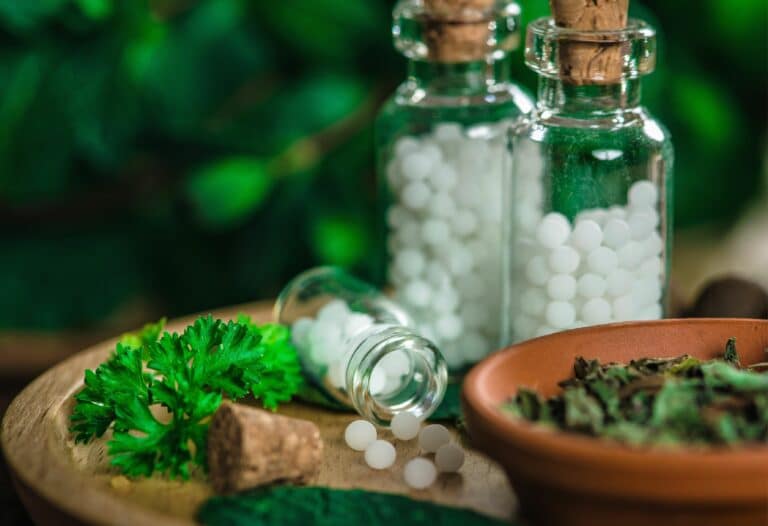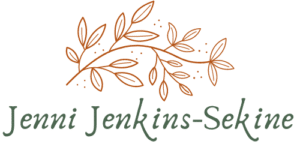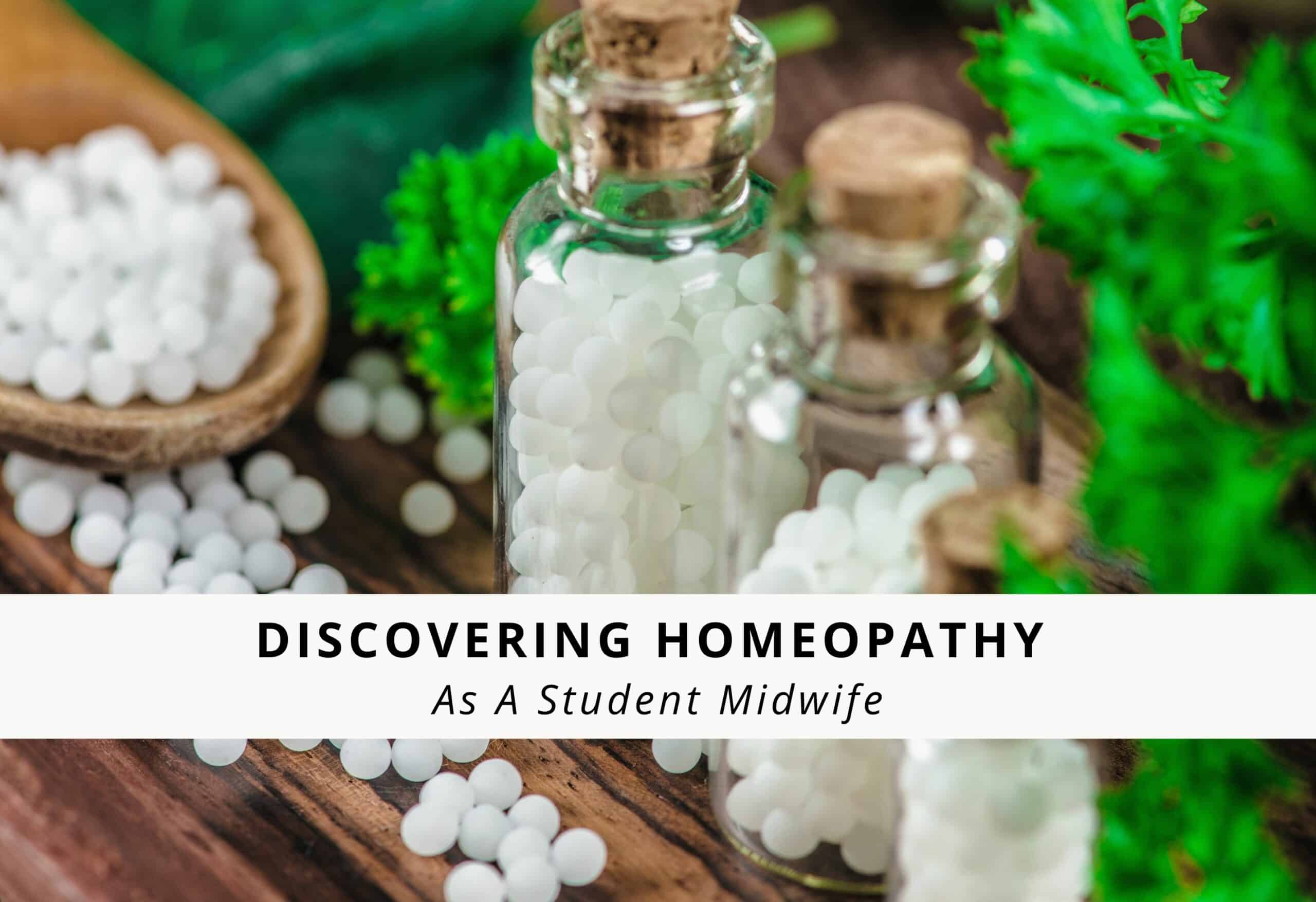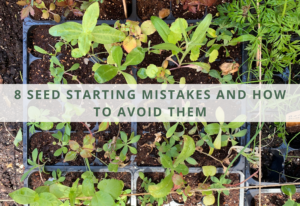Learning Homeopathy as a student midwife
As I delved into my course on homeopathy at the Midwives College of Utah as a student midwife, I embarked on a journey that has not only deepened my understanding of this holistic approach to healthcare but also sparked a profound fascination with its core concepts. (Want to learn more about my student midwifery journey?). One aspect that has truly intrigued me is the variety of sources from which homeopathic remedies are derived.
It’s astonishing to think that substances as unique as dog milk can be used to help relieve a specific type of contractions. This diversity of sources highlights the richness and complexity of homeopathy as a healing modality. Furthermore, the intense oppression from allopathic doctors that led to the regression of homeopathy was eye-opening into how politics and power have controlled public health today.
A Few insights on homeopathy
One of the key insights I’ve gained is that homeopathy doesn’t just target specific symptoms or isolated parts of the body. Instead, it considers the individual as a whole, recognizing that physical, emotional, and mental aspects are interconnected. This truly sets homeopathy apart because its holistic approach considers the individual as an interconnected whole, recognizing the intricate balances of each individual.
This holistic approach aligns with the idea that true health encompasses the harmony of the entire person, not just the absence of physical ailments. I greatly appreciate homeopathy’s emphasis on the whole-body experience and the system that sets it apart, making it such an intriguing field. It would be beneficial if allopathic healthcare providers invested the same amount of energy into looking at their patient’s whole bodies rather than just at their parts.
Law of similars & Vital Energy
I find the concept of life energy, upon which homeopathy is based, particularly fascinating. This vital force or “vitality” is believed to underlie all living beings and is responsible for maintaining balance and health. Understanding how homeopathy harnesses this life energy to promote healing and well-being is a subject I’m eager to explore further in my studies.
The concept of the law of similars has also been captivating. The idea that “like cures like” challenges conventional wisdom but has been a cornerstone of homeopathy for centuries. It’s a profound concept that suggests that substances that produce symptoms similar to those of an ailment can effectively cure those symptoms. This fundamental principle demonstrates the unique philosophy that underpins homeopathy.

Allopathic Medicine's Oppression of Homeopathy
One unanticipated revelation during my study of homeopathy is its historical context. Learning that homeopathy was once a widely practiced and respected form of medicine was bewildering. Even more remarkable is that it faced fierce opposition from the allopathic medical system, which actively sought to undermine and eradicate it.
This historical perspective sheds light on the complex relationship between different medical paradigms and the influence of politics and economics on the evolution of healthcare systems. Especially since midwives are not unfamiliar with the same kind of complexities and politics of medicine that have shaped and governed the development and progress of medicine.
Looking forward to learning more!
In conclusion, my exploration of homeopathy has been enlightening and thought-provoking. I’ve come to appreciate the diversity of remedies, the holistic approach to health, the law of similars, the concept of life energy, and the historical context surrounding this field. It has deepened my understanding of alternative medical practices and their challenges in a world dominated by conventional medicine. I look forward to learning more about each individual remedy as I build my Materia Medica. Lastly, I am excited to one day help my future midwifery families live healthier and more comfortable lives in the future through the use of remedies.








